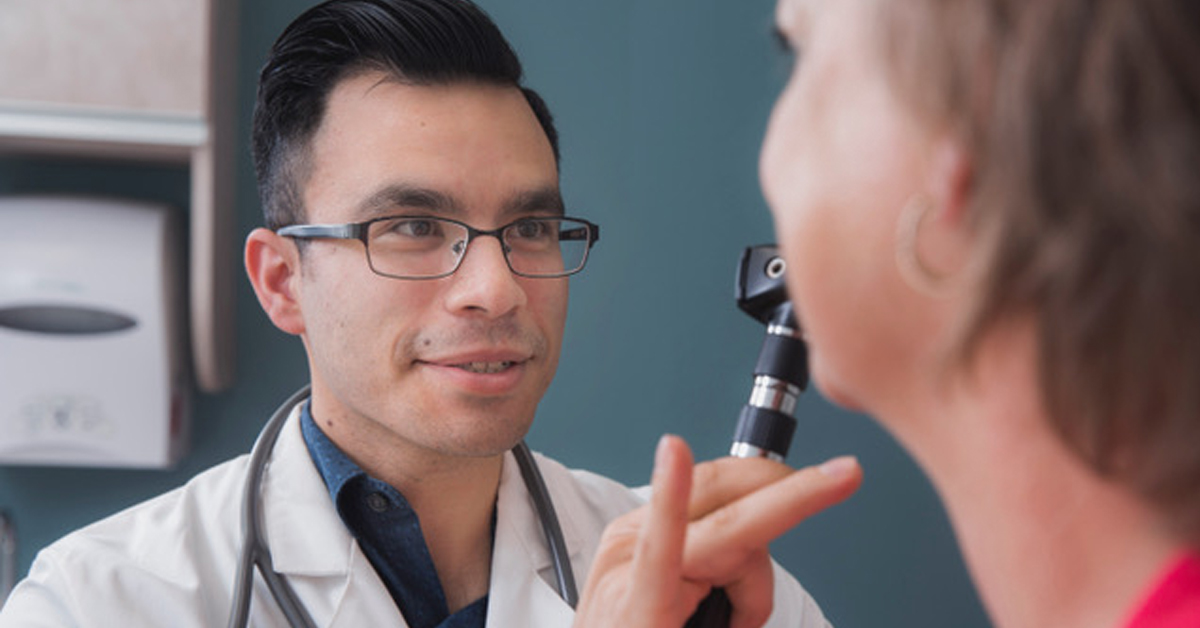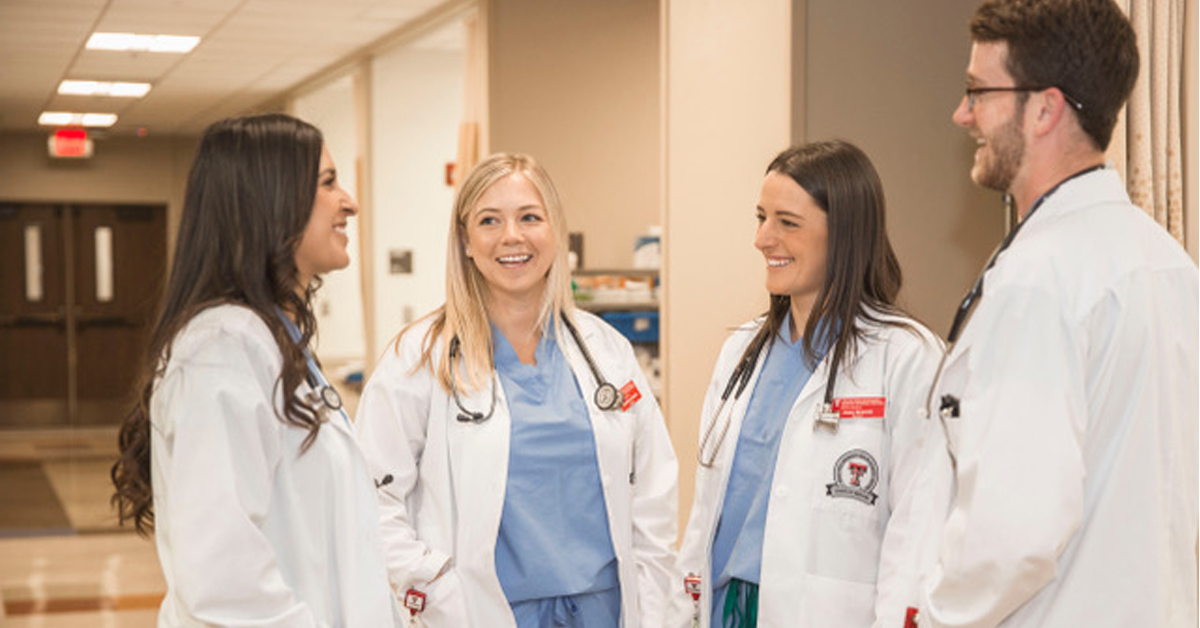
The American Academy of Family Physicians (AAFP) recently reported trends in U.S. medical schools’ contributions to the family medicine workforce naming the Texas Tech University Health Sciences Center (TTUHSC) School of Medicine as a Bright Spot ranking in the top 8 of allopathic schools that provide long-term contributions to the family medicine workforce.
According to a recent AAFP report, the U.S. needs more family physicians. Projections based on current trends show a deficit of 52,000 primary care physicians by 2025. The article stated that multiple studies demonstrate where the ratio of primary care physicians to other specialists is higher, quality of care improves and costs go down.
The report, “Trends in U.S. Medical School Contributions to the Family Physician Workforce: 2018 Update from the American Academy of Family Physicians,” stated national organizations have set an ambitious goal of increasing the proportion of U.S. medical school graduates who enter family medicine residencies to 25 percent by 2030.
The TTUHSC School of Medicine was listed nationally within the top 20th percentile for total graduates entering into Accreditation Council for Graduate Medical Education – accredited family medicine residency programs over the past seven years.

In 2010, the TTUHSC School of Medicine created the first three-year medical degree approved by the nationally recognized accrediting authority for medical education. The Family Medicine Accelerated Track (FMAT) program allows primary care students to complete their degree in three years at about half of the cost of the standard four-year program. The first FMAT class completed their family medicine residency training in 2016.
“The TTUHSC School of Medicine’s early adoption of an accelerated pathway opened a new road for the institution as a leader in curricular innovation,” said Steven Berk, M.D., TTUHSC executive vice president, provost and dean of the School of Medicine. “The road ahead for medical education is likely to be linked less to time than to demonstrating proficiency in communicating with and caring for patients, and FMAT is one vehicle on that road.”
